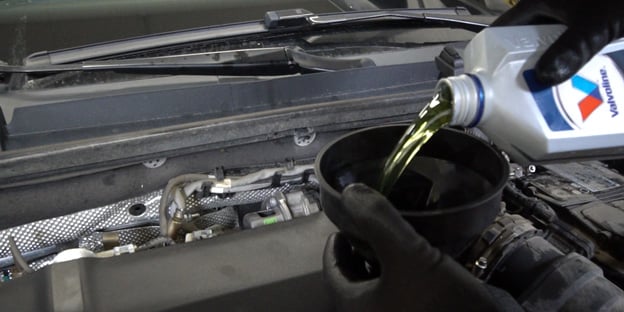
A common error observed among numerous vehicle owners is the underappreciation of the importance of regular oil changes. Although it may appear to be a minor oversight, neglecting to replace the engine oil can lead to significant adverse consequences. To ensure optimal engine performance, it is crucial to lubricate components and mitigate wear and tear; thus, engine oil plays a vital role. Failing to perform regular oil changes can lead to significant complications that may necessitate costly repairs or even result in engine failure.
The Function of Engine Oil
Engine oil serves several essential roles in automotive systems. Primarily, it serves to lubricate moving components, thereby minimizing friction and preventing the abrasion of metal surfaces. It additionally absorbs thermal energy, thereby reducing the temperature of the engine. Ultimately, the availability of oil decreases, resulting in a loss of its critical functions. Contaminants such as dirt and debris reduce the efficacy of oil’s lubrication properties, leading to increased wear and potential damage to the engine components. In such cases the Auto Repair shop Lino Lakes, MN can offer you great choices.
Accumulation of Sludge
The accumulation of sludge represents a significant outcome of neglecting oil changes. Engine oil additives serve to neutralize acids and inhibit the formation of sludge. Sludge accumulates as oil deteriorates and becomes contaminated, resulting in the ineffectiveness of these additives. This dense, viscous material obstructs filters and oil pathways, leading to a decrease in oil flow. Due to reduced lubrication of essential components, diminished oil circulation leads to an increase in wear and tear. The accumulation of excessive sludge can lead to engine malfunction, resulting in expensive repair or replacement requirements.
Excessive thermal accumulation
Failure to perform regular oil changes can lead to significant overheating issues. New oil effectively transfers heat away from engine components. Contaminated oil exhibits reduced efficiency in heat transfer from the engine. Elevated temperatures may lead to engine overheating. Seals and gaskets may experience failure at elevated temperatures, leading to deformation of engine components and subsequent oil leakage. Excessive heat can adversely affect the internal components of an engine, resulting in significant expenses. Addressing issues promptly through auto repair can mitigate additional damage and maintain optimal engine performance.
Engine Failure
Ultimately, neglecting regular oil changes may lead to catastrophic engine malfunction. Engine damage may arise when oil fails to perform its critical functions. A significant adverse outcome is engine failure, which often compels vehicle owners to decide between incurring high repair costs or purchasing a new automobile.
Final Analysis
To maintain optimal performance and longevity of your vehicle, it is essential to perform regular oil changes. Failure to perform these critical maintenance tasks may lead to significant engine damage, including the buildup of sludge, overheating, heightened wear and stress, and ultimately, engine failure. Adhering to recommended oil change intervals is essential for maintaining optimal vehicle performance and minimizing repair costs.
